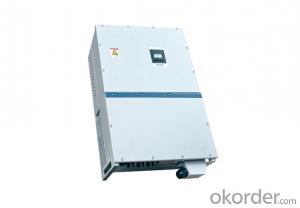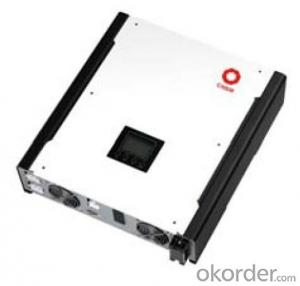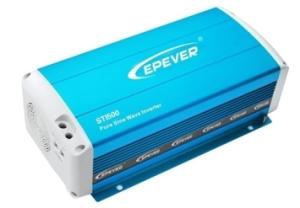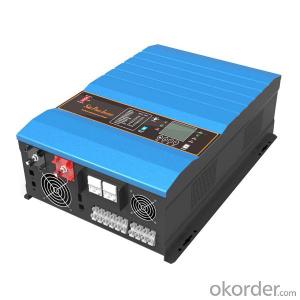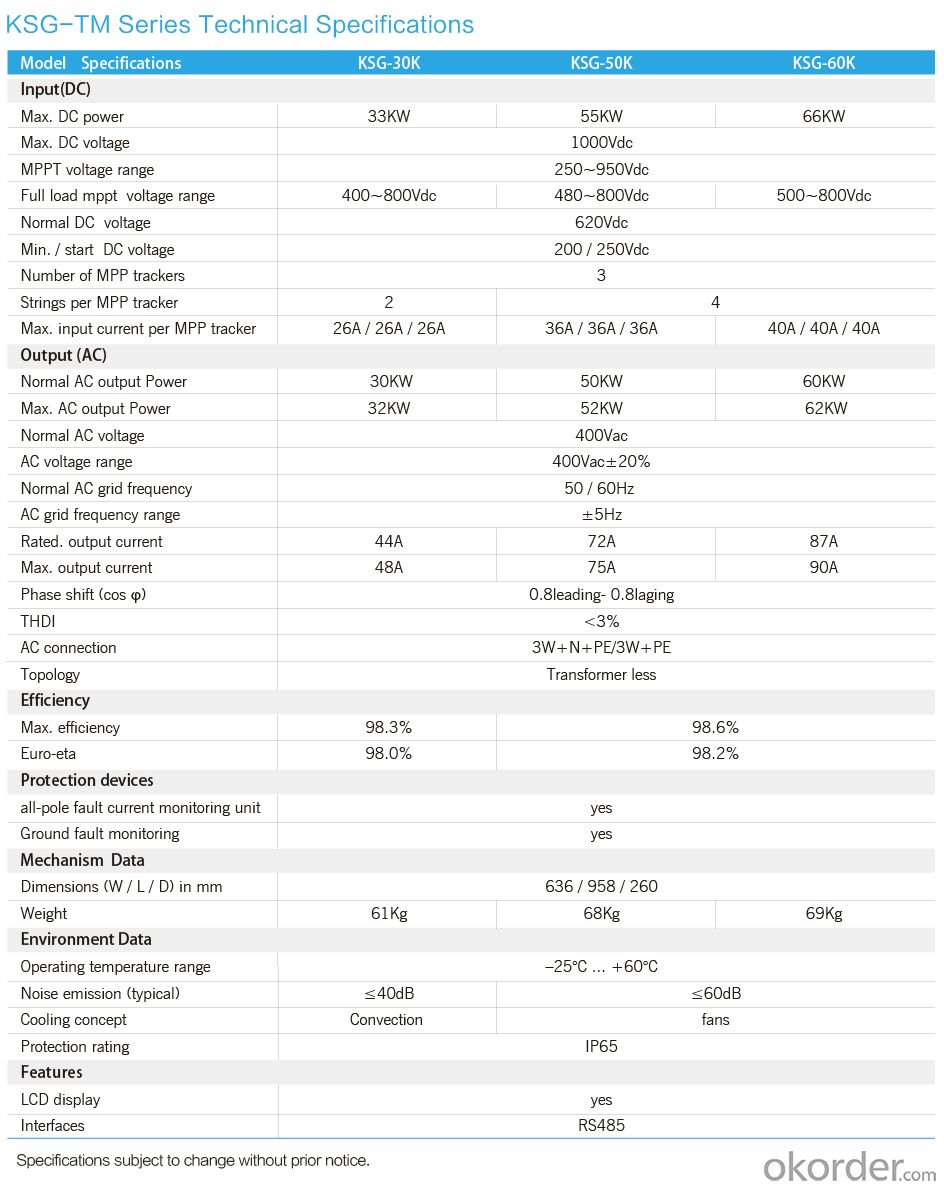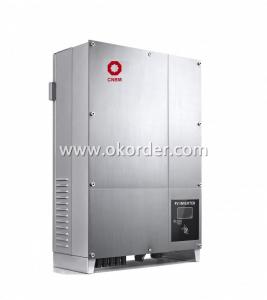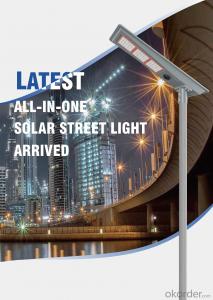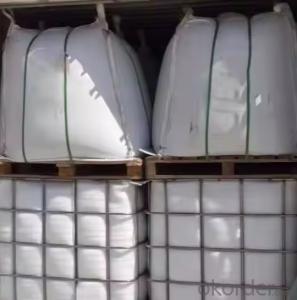String Grid-Tied PV Inverter 30KW / 50KW / 60KW
- Loading Port:
- Guangzhou
- Payment Terms:
- TT OR LC
- Min Order Qty:
- 10 unit
- Supply Capability:
- 10000 unit/month
OKorder Service Pledge
OKorder Financial Service
You Might Also Like
String Grid-Tied PV Inverter 30KW / 50KW / 60KW
Product features
· Max PV Voltage up to 1000V
· Three MPPT
· High efficiency up to 98.6%
· IP65 protection
· Easy installation
· Reactive power controller
· Digital controller
Product Parameter
Q 1. what's the payment term?
A. We accept TT,30% deposit and 70% balance agaisnt copy of BL
Q 2. how's the delivery time ?
A. usually it will take about 25 days for production
Q 3. tell me the standard of package?
A. For the small capacity, it use carton, but for big capacity, we will use strong wooden case for protection.
Q 4. what kind of material of transformer?
A. we have two types, one 100% copper and the other is copper with aluminum.It depends on your requirment. In fact,those two have no difference if normal work well. Only except the longlife. Copper is better and also higer price.
Q 5.Could you offer Form A or C/O ?
A. It totally not a problem. We can prepare relative documents to forgin affairs office or other office to apply for this certificate.

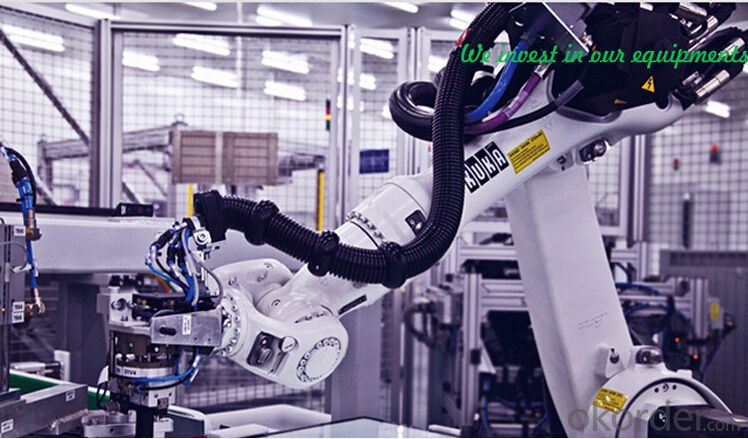
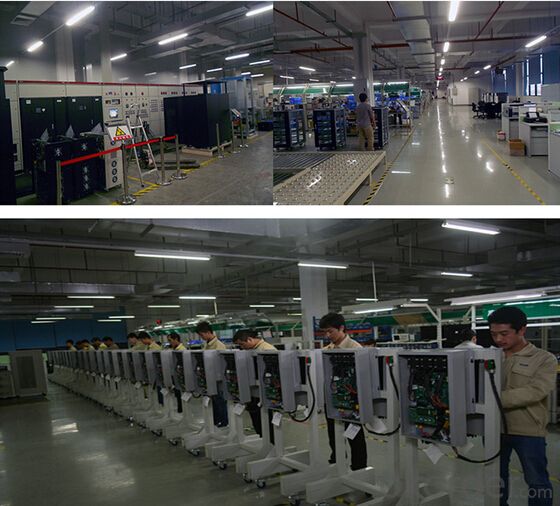
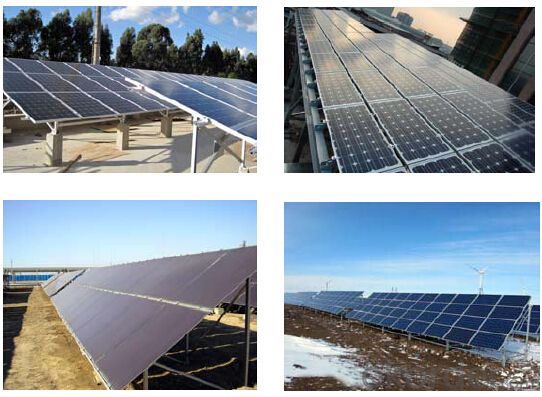
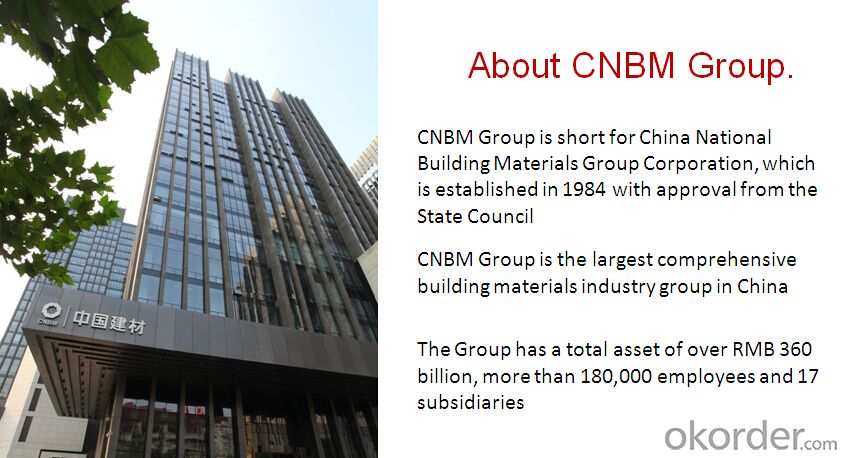
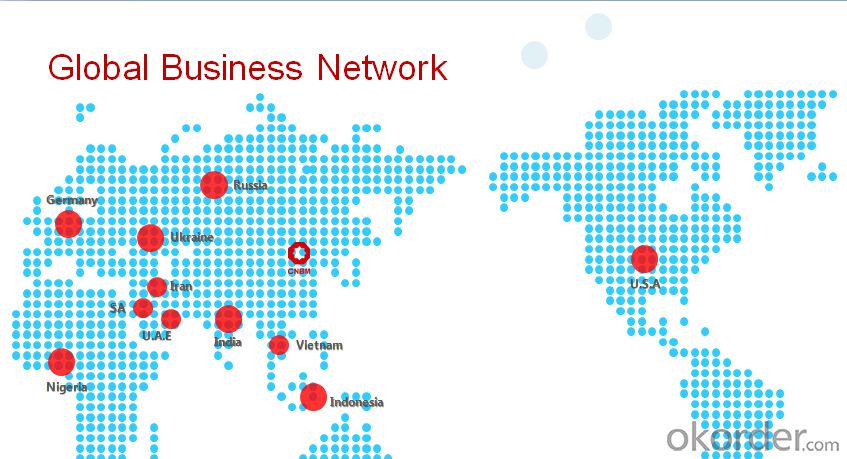
- Q:What is the importance of insulation resistance measurement in a solar inverter?
- Insulation resistance measurement in a solar inverter is crucial as it helps ensure the safety and efficiency of the electrical system. By measuring the insulation resistance, any potential faults or deteriorations in the insulation can be detected, preventing electrical leakage or short circuits. This measurement also helps identify any insulation breakdowns that may compromise the performance and reliability of the solar inverter. Ultimately, insulation resistance measurement is essential for maintaining the integrity of the solar inverter and ensuring the safety of both the electrical system and the people using it.
- Q:How does a solar inverter handle power export limitations imposed by the grid?
- A solar inverter handles power export limitations imposed by the grid through a process known as grid-tied or utility interactive operation. It continuously monitors the grid's voltage and frequency, adjusting the power output of the solar system accordingly. If the grid is unable to accept additional power due to export limitations, the inverter will reduce the output of the solar system to ensure compliance with the grid's requirements. This allows for a smooth and safe integration of solar power into the grid, preventing any potential disruptions or overloading.
- Q:PV grid-connected inverter and independent inverter in the control of what is the difference
- The independent inverter in the output voltage phase amplitude of the frequency control is initially set good. Independent inverter, you should refer to off-grid inverter, do not need to consider the grid situation.
- Q:Can a solar inverter be used in mobile applications?
- Yes, a solar inverter can be used in mobile applications. Portable solar inverters are designed specifically for mobile use and are commonly used in recreational vehicles, boats, camping, and other off-grid applications. These inverters convert the direct current (DC) generated by solar panels into alternating current (AC) to power mobile devices and appliances.
- Q:How does a solar inverter handle voltage drop in long cable runs?
- A solar inverter compensates for voltage drop in long cable runs by boosting the voltage to ensure efficient power transmission.
- Q:Can a solar inverter be used in commercial applications?
- Yes, a solar inverter can be used in commercial applications. In fact, solar inverters are commonly used in commercial settings to convert the direct current (DC) produced by solar panels into alternating current (AC) that can be used to power various electrical devices and appliances. Commercial buildings often have larger solar systems installed, requiring more powerful inverters to efficiently convert the solar energy into usable electricity for the facility's commercial operations.
- Q:Can a solar inverter be used with micro-inverters?
- Yes, a solar inverter can be used with micro-inverters. In fact, it is a common practice to combine a central solar inverter with micro-inverters in a solar system. The central inverter is responsible for converting the direct current (DC) power generated by the solar panels into alternating current (AC) power, while the micro-inverters optimize the power output of each individual solar panel. This combination allows for increased efficiency and flexibility in managing the solar system.
- Q:Can a solar inverter be used in conjunction with a battery management system?
- Yes, a solar inverter can be used in conjunction with a battery management system. The battery management system is responsible for monitoring and controlling the battery's charging and discharging processes, while the solar inverter converts the direct current (DC) generated by solar panels into alternating current (AC) to power household appliances. By integrating these two systems, solar energy can be efficiently stored and utilized when needed.
- Q:Can a solar inverter be used in a commercial or industrial setting?
- Yes, a solar inverter can indeed be used in a commercial or industrial setting. In fact, solar inverters are commonly used in these settings to convert the direct current (DC) produced by solar panels into alternating current (AC) that can be used to power various electrical loads in the facility. This helps businesses and industries reduce their reliance on traditional energy sources and save on electricity costs while promoting sustainability.
- Q:What is the role of a power control unit in a solar inverter?
- The role of a power control unit in a solar inverter is to regulate and control the flow of electricity from the solar panels to the electrical grid or to the connected load. It ensures efficient power conversion by managing voltage, current, and frequency, and provides protection against overvoltage, under voltage, and short circuits. Additionally, the power control unit may also include features like maximum power point tracking (MPPT) to optimize the energy output from the solar panels.
1. Manufacturer Overview |
|
|---|---|
| Location | |
| Year Established | |
| Annual Output Value | |
| Main Markets | |
| Company Certifications | |
2. Manufacturer Certificates |
|
|---|---|
| a) Certification Name | |
| Range | |
| Reference | |
| Validity Period | |
3. Manufacturer Capability |
|
|---|---|
| a)Trade Capacity | |
| Nearest Port | |
| Export Percentage | |
| No.of Employees in Trade Department | |
| Language Spoken: | |
| b)Factory Information | |
| Factory Size: | |
| No. of Production Lines | |
| Contract Manufacturing | |
| Product Price Range | |
Send your message to us
String Grid-Tied PV Inverter 30KW / 50KW / 60KW
- Loading Port:
- Guangzhou
- Payment Terms:
- TT OR LC
- Min Order Qty:
- 10 unit
- Supply Capability:
- 10000 unit/month
OKorder Service Pledge
OKorder Financial Service
Similar products
New products
Hot products
Related keywords
